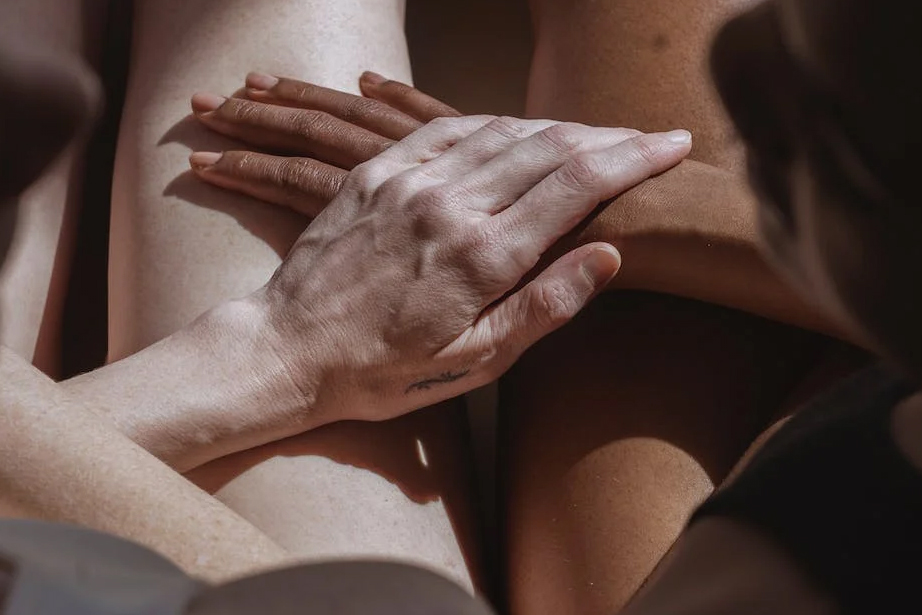In the creation story found in Genesis, God declares that all of humanity carries the image of the Divine. This means that every person we encounter carries the image of God and their dignity should be protected. We should not be causing harm to one another nor do we get to decide who carries the image of God. Instead, we should be protecting each one’s dignity and seeking biblical justice and right relationships with one another. That looks like standing alongside the abused, the vulnerable, and the stranger the way Jesus did.
Those who are consistently harmed by the way the church or our society is structured often are the first to show care when others are being hurt. I remember the wisdom of a Mosaic conference leader who observed that when immigrant communities were under attack in South Philly, the black community rallied to show support. And when the black community in Norristown was hurting, the immigrant community from South Philly returned the support. The mutual care and support didn’t happen just because the churches were in the same conference and it wasn’t just because they were communities of color; they stood up for one another because they understood the command from Jesus to protect the image of God in one another and to defend the defenseless.

I recently participated in the webinar Racial Justice/Queer Justice: Fractures and Intersection in the Mennonite Church, sponsored by Raleigh Mennonite Church and the Brethren Mennonite Council for LGBT Interests. The conversation centered around ways to work for both racial justice and queer justice and to recognize that there are multiple layers to our identities. The panelists in the webinar said that there are some people who are willing to work for racial justice but not queer justice. Likewise, some people who advocate for queer justice have trouble working at racial justice because of racism woven into fabric of our culture. They suggested that the missional work of the church is to become more like Jesus, who invited and welcomed all people to follow him as disciples and to become a part of the new creation.
I’ll admit, it’s only been the past several years that I have become more concerned with queer justice, and I still have more to learn. This webinar was helpful to point out my blind spots when it comes to queer justice. Part of what I teach when I speak about racial justice is that we are created in the image of God and therefore reject any hierarchy that says some humans are better than others. I have come to realize that, if I’m willing to hold that truth when it comes to racial/ethnic communities, then I must extend that same truth for people who are part of the LGBTQ community. I desire for all people to be part of the body of Christ and not to experience harm.
Right now, both immigrant and LGBTQ communities in Florida are experiencing harm. There are laws that are making it difficult for people to freely live their lives, so that they are living in constant fear. This is not theoretical–there are pastors and churches in our conference who are facing these realities. How can we protect the image of God in one another and stand with those who are hurting or afraid?
One of the quotes from the webinar that I wrote down comes from James Baldwin. He said, “We can disagree and still love each other unless your disagreement is rooted in my oppression and denial of my humanity and right to exist.” We may not all agree with the philosophies behind or techniques practiced by advocates of racial justice or queer justice but let us all at least agree not to deny the image of God in each of us. As Mosaic Conference, let us be Spirit-led and act like Jesus who stood with the oppressed, the vulnerable, and the stranger.
The opinions expressed in articles posted on Mosaic’s website are those of the author and may not reflect the official policy of Mosaic Conference. Mosaic is a large conference, crossing ethnicities, geographies, generations, theologies, and politics. Each person can only speak for themselves; no one can represent “the conference.” May God give us the grace to hear what the Spirit is speaking to us through people with whom we disagree and the humility and courage to love one another even when those disagreements can’t be bridged.
